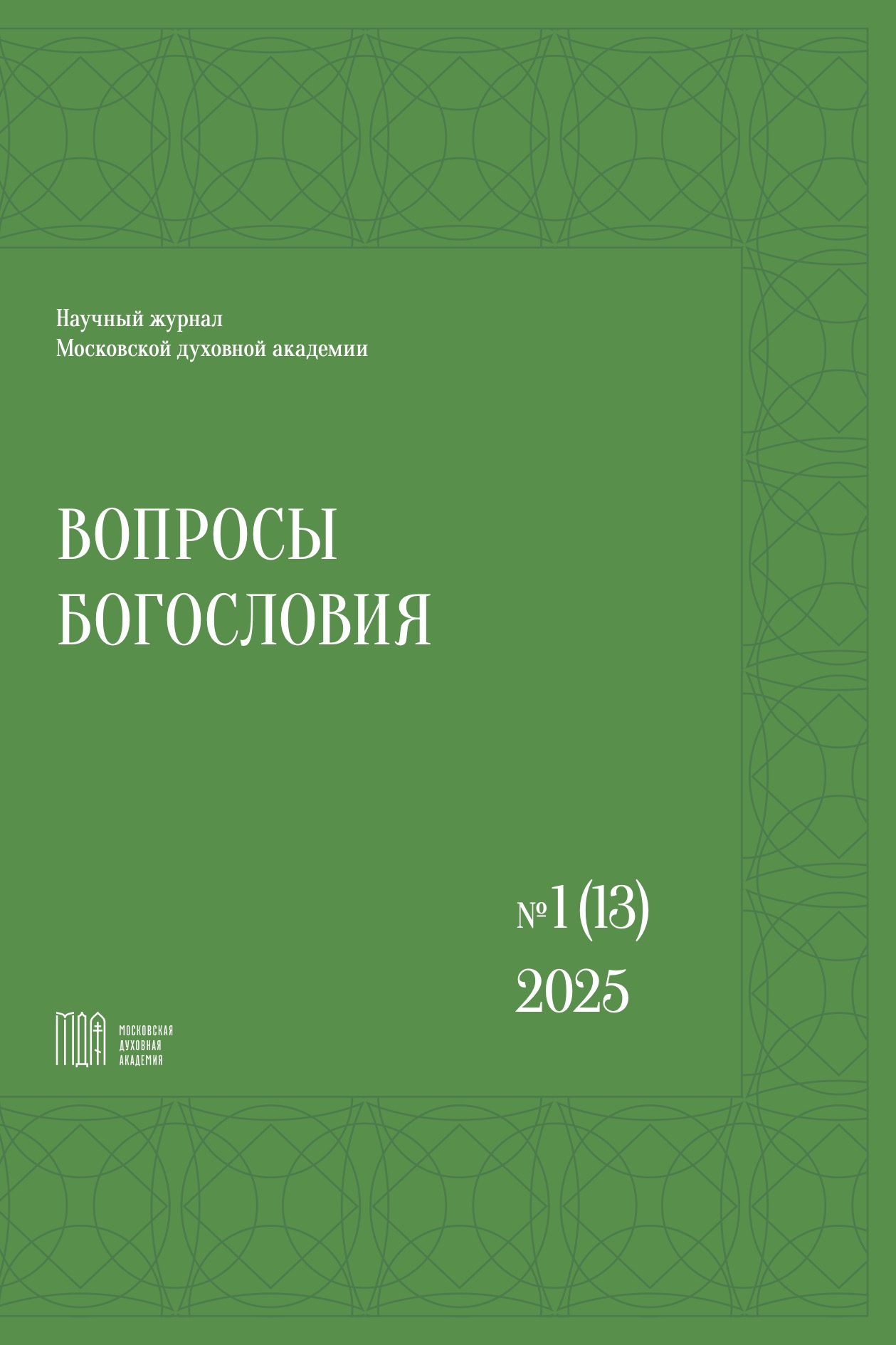Логическое обоснование теистического аргумента «от зла» в неотомистской теодицеи католического аналитического теолога П. А. Макдональда Младшего
DOI:
https://doi.org/10.31802/PWG.2025.13.1.005Ключевые слова:
теистический аргумент, зло, неотомизм, теодицея, П. А. Макдональд Младший, онтология злаАннотация
В статье представлен детальный анализ теистического аргумента «от зла» в неотомистской теодицее современного католического теолога П. А. Макдональда Младшего. Он исследует различные подходы к пониманию зла и морали, отсылая к работам таких философов, как Ф. К. Коплстон, Дж. Л. Макки, Р. Суинберн и др. Макдональд критикует пять популярных натуралистических подходов к объяснению зла, утверждая, что лишь религиозное мировоззрение может обеспечить необходимую основу для понимания ценности и морали в мире. В итоге он приходит к выводу, что теистическое мировоззрение предоставляет более убедительное объяснение онтологии зла, чем натуралистические подходы.
Скачивания
Библиографические ссылки
Фома Аквинский. Сумма теологии / пер. Еремеева, A.A. Юдина. Киев: Эльга, 2002.
Macdonald P. A. God, Evil, and Redeeming Good: A Thomistic Theodicy. New York: Routledge, 2023.
Fales E. Naturalist Moral Realism // God and Morality: Four Views / ed. R. K Loftin. Downers Grove (IL): IVP Academic, 2012. P. 13–34.
Geach P.T. Good and Evil // Analysis, 1956. Vol. 17(2). P. 33–142.
Grant W. M. The Privation Account of Moral Evil: A Defense // International Philosophical Quarterly, 2015. Vol. 55 (3). P. 271–86.
Hick J. Interpreting Religion: Human Responses to the Transcendent / 2nd ed. New Haven (CT): Yale University Press, 2004.
Hume D. Dialogues Concerning Natural Religion, ed. R. H. Popkin. Indianapolis (IN): Hackett, 1980.
Lee P. Evil as Such Is a Privation: A Reply to John Crosby // American Catholic Philosophical Quarterly, 2007. Vol. 81 (3). P. 469–488.
Linville M. D. The Moral Argument // The Blackwell Companion to Natural Theology / ed. W. L. Craig, J.P. Moreland. Malden (MA): Blackwell, 2012. P. 391–448.
Mackie J. L. Ethics: Inventing Right and Wrong. Harmondsworth (UK): Penguin, 1977.
Meister C. Evil: A Guide for the Perplexed. London: Continuum, 2012.
Ruse M. A. Naturalist Moral Nonrealism Response // God and Morality: Four Views / ed. R. K. Loftin. Downers Grove (IL): IVP Academic, 2012. P. 53–97.
Russell B., Copleston F. C. A Debate on the Existence God // The Existence of God / ed. John Hick. New York: Macmillan, 1964. P. 167–191.
Sinnott-Armstrong W. There Is No Good Reason to Believe in God // God? A Debate between a Christian and an Atheist, by William Lane Craig and Walter Sinnott-Armstrong. New York: Oxford University Press, 2004. P. 31–52.
Sinnott-Armstrong W. Why Traditional Theism Cannot Provide an Adequate Foundation for Morality // Is Goodness without God Good Enough? A Debate on Faith, Secularism, and Ethics / ed. R. K. Garcia, N. L. King. Lanham (MD): Rowman and Littlefield, 2009. P. 101–115.
Swinburne R. Is There a God? Rev. ed. Oxford: Oxford University Press, 2010.
Swinburne R. What Difference Does God Make to Morality? // Is Goodness without God Good Enough? A Debate on Faith, Secularism, and Ethics / ed. R. K. Garcia, N. L. King. Lanham (MD): Rowman and Littlefield, 2009. P. 151–163.
Wielenberg E. J. Robust Ethics: The Metaphysics and Epistemology of Godless Normative Realism. New York: Oxford University Press, 2014.
Zangwill N. Moore, Morality, Supervenience, Essence, Epistemology // American Philosophical Quarterly, 2005. Vol. 42 (2). P. 125–130.
Загрузки
Опубликован
Как цитировать
Лицензия

Это произведение доступно по лицензии Creative Commons «Attribution-ShareAlike» («Атрибуция — На тех же условиях») 4.0 Всемирная.







